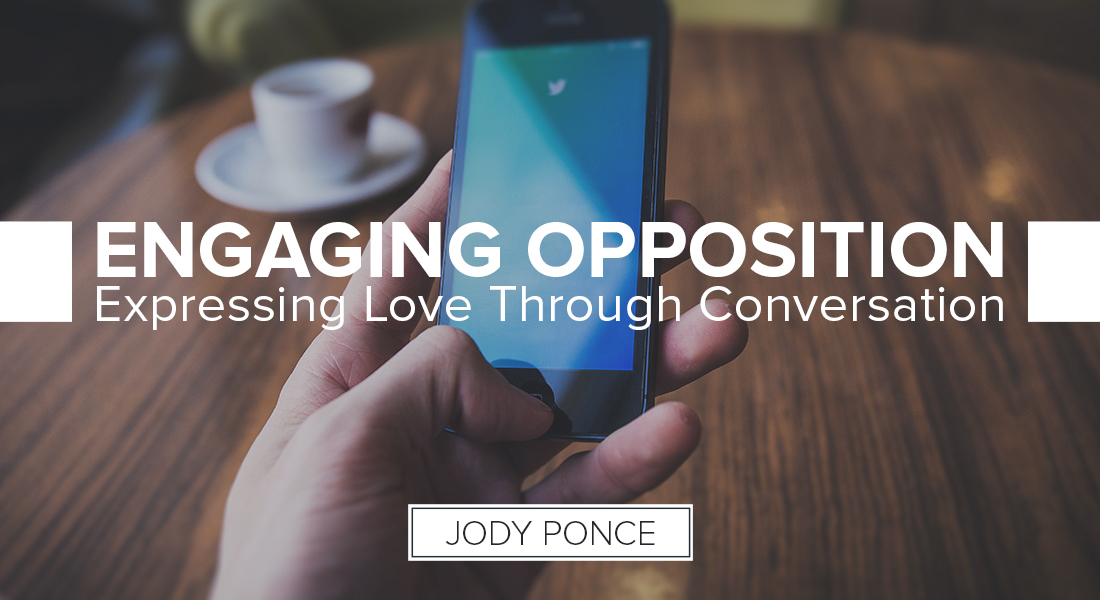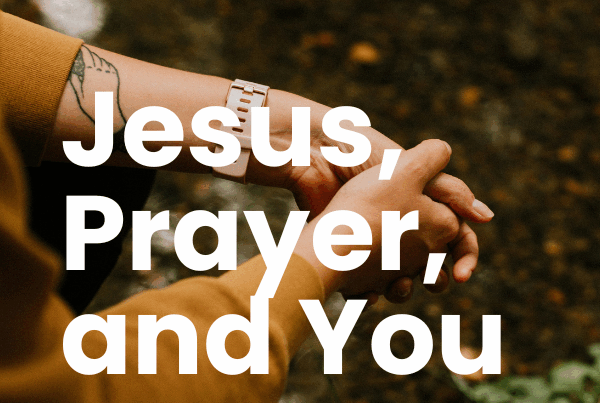
The philosopher Immanuel Kant once said, “All persons are owed respect just because they are persons.” There was a time when philosophy could be engaged in a safe space, where those with differing views could come and reason together without being offended by other people’s divergent opinions. Indeed, the very idea of having your views questioned and being given the opportunity to respectfully defend your point of view was welcomed. Philosophical discussion could be enjoyed respectfully, and the value of a human was not found in whether they held the same views as you. It is clear that that is not the kind of world we live in today, but it is still within our power, as Christians, to personally choose to love and respect those who have opposing views to ours.
In addition, many of the reasonable voices in our world seem to have been relegated into silence. Fear is the cause.
The French philosopher Foucault used the Panopticon as a metaphor for social policing that is more real today than it was in his day. The Panopticon was a kind of circular prison designed so that all of the inmates could see into each other’s cells all the time, by this means, they sort of “self-policed” by constantly observing each other. Does this sound familiar? Constant use of social media is creating a modern-day panopticon where we are all watching each other all the time. Through social media, we are policing each other’s opinions and views, categorizing, placing people into camps, either for or against us and our tribe — we are drawing lines in the sand, creating invisible internal borders, walls, dividers, etc. Our opinions are becoming so embroiled in our identities, and we are all so fearful of each other that we are either spurred into rebellious bombast, rage and hate vociferously decrying the evils of everyone not in our own tribe; or we are relegated into total silence for fear of putting a foot wrong and offending the sensitive masses.
There was a time when the realm of philosophy, discourse and debate existed in its own space.
People would come together to debate views, to propose ideas and engage in fruitful discourse. Today, however, all discussion becomes inflammatory almost instantaneously, people become so easily offended that the possibly profitable discussion descends into name-calling and nitpicking.
Social media is so often ruled by a sort of mob mentality. A wayward comment is jumped on and pummelled by the virtual mob. Others jump into the fray until the comment is throttled to the dust. It happens on my feed daily; I observe it with a sort of squeamish disquiet. This behavior is subconsciously filling us with fear. We are afraid to share an opinion, especially a minority opinion for fear of the virtual, violent reactions. Because of the vitriol of reactionary modern culture, particularly on social media; free speech is unintentionally being dissolved into the annals of history, as we willingly “self-censor” for fear of putting a foot wrong. But surely we can do better. Surely we understand that not everyone will always agree with us. Surely we can cope in a respectful manner with those who hold differing views to ours. Can we?
I see Christians also join the social media mob, sometimes even when expressing Christian views. On social media, Christianity is occasionally expressed with a root of bitterness and sometimes even hatred for those who are not believers. Christians can sometimes allow the views of others (that are so wholly different to theirs) to diminish that person’s humanity, and so the Gospel comes out sounding unloving and undesirable. Ed Stetzer in his book, Christians in the Age of Outrage, states that people seem “intimately aware of how others are being angry toward them or their community, but shockingly ignorant of how they are displaying the same level of vitriol toward others.” It is not, “us against them” – It is us for them – the Gospel for them – the church for them – Christ for them. Let us remember always that, “For God so loved the world that he gave his one and only Son, that whoever believes in him shall not perish but have eternal life” (John 3:16). God loves those who don’t agree with you.
I would argue, that as Christians, we should be the least easy to offend.
If we believe that we have the truth, then what can a person’s rigorous questioning of our faith do to us? I believe the word of God and the Christian faith stands up to the most rigorous of questions. We have nothing to fear from those who oppose our views. If we do fear the questions of those with differing views, what does that say about our faith? Are we worried that they will uncover something that is untrue? Surely not.
In addition, I suggest that we as Christians should welcome the questions, even the angry questions of the world around us. Instead of becoming offended by them and shutting them down, let us answer them. Let’s give them God’s truth for their lives; let’s give them the hope we claim to have. What good does shutting down the questioner do? “Instead, speaking the truth in love, we will grow to become in every respect the mature body of him who is the head, that is, Christ” (Ephesians 4:15). Let us speak the truth IN LOVE to those who so desperately need it.
The world is often hostile to Christianity, but I would encourage us, as the body of Christ to not (in turn) become hostile to the world. We cannot, for how can we share the Gospel of Christ if we don’t love the lost. Bearing this in mind, let’s endeavor to create a safe space for those who have questions, concerns and oppositions to what we believe. Clay Worrell, in his article, “Why you should take no offense,” states, “It is easy to reject a community and a message that you feel has first rejected you.” Let us not reject people. Let us not turn them away; instead, let us invite them in and give them Jesus. In our face to face discussions with people who are not Christians, let’s allow space for those with differing views to air them so that we might, in turn, have the opportunity to meet their concerns with the beautiful hope of the Gospel of Christ.
I feel a daily sense of walls closing in around me, as my personal Christian views often differ from Ireland’s young populace. I often remain silent as I worry about offending people or being seen as hateful. I am not. But, because today’s general discourse continues to bombastically place people in partisan camps that are held to be either one thing or the other, without any nuance or allowance for the intricate complexities of people’s opinions, we continue to vilify our fellow humans for fear that they might think differently to us.
We cannot necessarily change the path of society around us, but, as Christians, we can certainly correct how we react to those with differing views to ours.
My pastor, Mike Neglia, told me he was once having a Twitter debate with a stranger who lived in Cork, and he stopped the chat and asked that person if they would like to meet up and discuss the topic over lunch, which they did. I love this because he realized that person was more than just words on a screen. I think this is something we always need to remember; there’s a person who God loves behind the typed words.
Let us embrace their questions, for their questions hold no fear for us. Let us embrace them as fellow humans, for it was for them, (as for us) that Christ died, and let us remember we have a God who holds (in His purity) the moral high ground, but for us – His humble servants, this is not the case. We are simply sinners saved by grace. We possess a gift that is available to all. We hold no high ground in and of ourselves. We are right on a level with the most broken souls of this world. So let us approach our fellow humans first and foremost with the love of Christ; let’s not fear their questions or be offended when they differ from us. “It is the love of Christ that draws people to repentance” (Romans 2:4), so let us be instruments of His love in the world today on all platforms.






